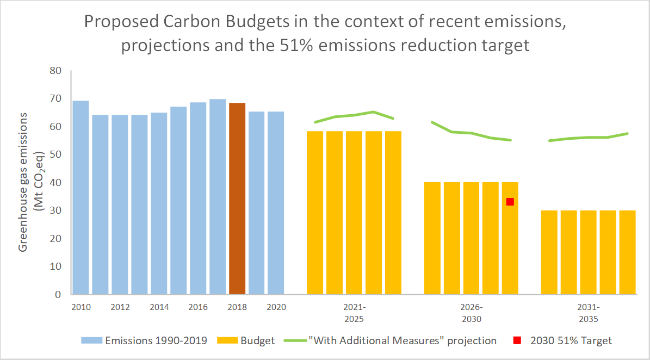Ten Recommendations for a coastal integrated management in Catalonia
On 9th September 2021, The Advisory Council on Sustainable Development of Catalonia (CADS) presented the report “The Coastline on the Edge. Recommendations for an integrated management of the Catalan coast”. The report proposes tools that shape a framework of integrated policies for the transformation towards sustainability, making it compatible with the blue economy.
The report proposes 10 recommendations that include several possible actions. They focus on a wide range of topics including the creation of a Coastal Conservatory with a similar scope as the French “Conservatoire du littoral”; the regulation of tourism in overexploited areas; promoting fiscal greening with the review of the ultimate destination of the tourism tax for conservation purposes or studying the creation of a tax for secondary residences; the restoration of hydromorphological dynamics on rivers to ensure sediment inputs in coastal areas; and the re-dimensioning and reformulation of certain critical infrastructures for climate adaptation.
The publication’s lead authors include Dr Puri Canals-Ventín and Dr Carles Ibáñez-Martí, members of CADS. The report is the final result of a strategic thinking process that included a series of public debates considering the quadruple helix. Throughout the process, CADS gathered expert and scientific site-specific knowledge on coastal management in Catalonia and surrounding environments. At the moment the report is only available in Catalan.
Ten top priorities for sustainable development in Catalonia
An opinion on the top ten priorities for sustainable development in Catalonia was approved by CADS in July 2021. This is the first of a series of rankings that CADS will issue annually, identifying the main challenges to achieve sustainable development as a call to action to the Government and to the whole of society. In the context of COVID-19 pandemic and amid global change, the top priorities that CADS focuses on in 2021 are: 1) climate change and 2) biodiversity loss, 3) slow decarbonisation of the economy, 4) poverty and 5) access to housing, 6) school dropout rate, 7) childhood vulnerability, 8) gender equality, ( industrial weakness to deliver goods and technology for sustainability transition and 10) the gap between urban and rural areas. The ranking will be delivered to the Government and will be available on the CADS website in Catalan and English.
Last articles of the special issue on the 2030 Agenda of IDEES, the online magazine on contemporary issues published by the Government of Catalonia
Since September 2020, CADS has coordinated the special issue of the IDEES online magazine published by the Centre for Contemporary Studies, an in-house think tank of the Government of Catalonia. Along one year, this monograph has offered approaches and reflexions in order to set how to speed up the path towards sustainable development through the view of leading world experts.
This special issue of the IDEES journal was launched end of September 2021 with the release of new articles regarding to:
– The future of Oceans and Seas, by Mr Rémi Parmentier, a founding member of Greenpeace International and Director of The Varda Group.
– Biodiversity and Ecosystem services, by members of the Centre for Research on Ecology and Forestry Applications (CREAF).
– The need to accelerate the Transition towards the Circular Economy, by Dr Jordi Oliver Solà, Executive Director of Inèdit.
– Water challenges, by Dr Ignasi Rodríguez Roda, senior researcher at the Catalan Institute for Water Research (ICRA).
– An Epilogue by the edition coordinators
The monograph, entitled ‘The 2030 Agenda: transforming the world in response to a planetary emergency’ is published in Catalan, Spanish and English.


